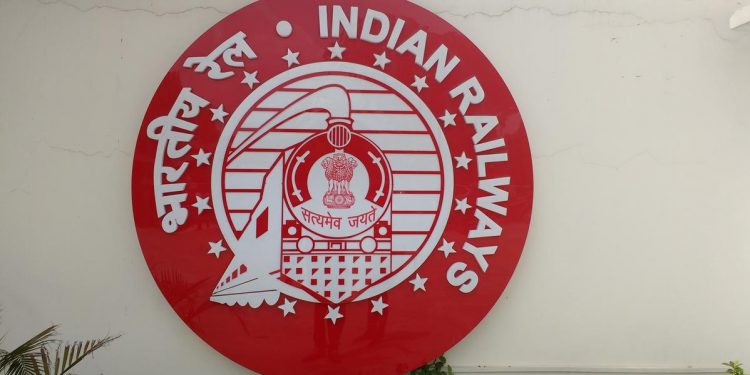New Delhi: The railways’ “One Station One Product” scheme, under which uniquely designed sale outlets are offered to locals to sell indigenous products, is now operational at 1,037 stations across the country.
The scheme was launched May 20 last year after a 15-day pilot project which received encouraging response among local artisans, craftsmen and workers.
“As November 9 this year, 1,134 OSOP outlets are operational at 1,037 stations in 27 states. While Tamil Nadu tops the list with 146 outlets at 137 stations, West Bengal is second with a similar number of outlets at 123 stations. Uttar Pradesh stands third with 112 outlets at 105 stations,” a senior railway official associated with the scheme said.
“The scheme is picking up fast and very soon we will see many other stations having these outlets,” the official said.
Under this scheme, the Indian Railways is providing uniquely designed sale outlets with distinctive look, feel and logo at stations as per the design developed by the National Institute of Design, Ahmedabad.
These outlets help give high visibility to indigenous products and benefit local craftsmen.
According to the official, 39,847 direct beneficiaries have availed the opportunities being offered under this scheme up to November 9.
“Assuming indirect beneficiaries are five in each allotment, the total beneficiaries work out to be 1,43,232. Total sales of Rs 49.58 crore have been registered,” the official said.
The Centre announced the OSOP scheme in the Union Budget 2022-23 with an aim to provide opportunities for enhanced livelihood through skill development to local artisans, potters, weavers/handloom weavers, craftsmen, etc.
Under the scheme, the railways provides sale outlets at stations across the country and allot them to applicants through a tendering process.
“In the OSOP Policy, it is envisaged that the benefit of this scheme must reach the target groups, i.e. Those at the bottom of the pyramid, and to provide opportunity to all applicants,” the official said.
“To achieve this objective, various public outreach measures including advertising in newspapers, social media, public announcements, press notifications, personal visits to artisans, etc. Have been adopted by the railway authorities,” the official said.
According to the railways, the products sold at such an outlet are indigenous to that place and should include artefacts, handicrafts, textiles and handlooms, toys, leather products, traditional appliances/instruments, garments, gems and jewellery, etc. Made by local artisans, weavers, craftsmen and tribes, and processed, semi-processed and other food products indigenously made or grown in the area.
PTI






































